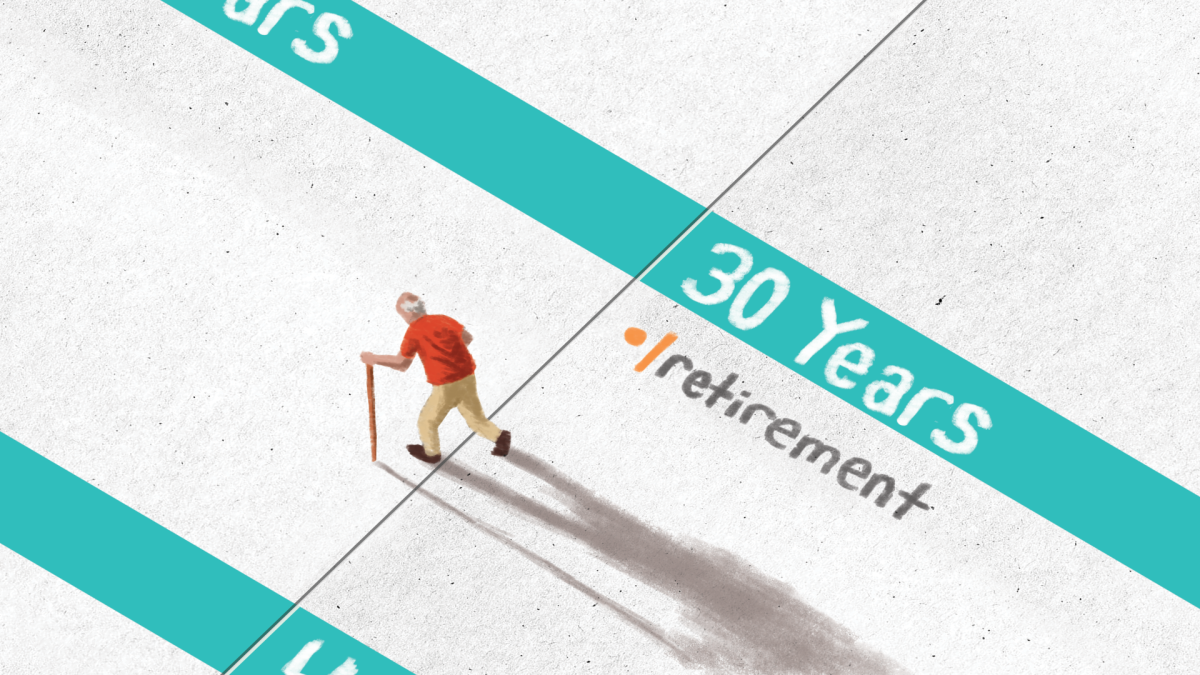Society doesn’t always look kindly upon those who manage to live a seemingly more vibrant life. This holds especially true when most people find themselves on the familiar path of working a 9 a.m. to 5 p.m. until retirement.
As for the individual blessed with circumstances which allow them to retire at 30, more power to them.
We have to keep in mind that no two people are motivated in exactly the same way. In keeping with that, no two people define success in exactly the same manner. Some use their level of happiness and overall satisfaction as the yardstick against which to measure. Others find it in their progression through a career, a tally of long-term goals they’ve met or how closely their personal life aligns with their plans at a given age.
Climbing the corporate ladder in a monotonous pattern isn’t for everyone. Not to say that that’s how life looks for everyone with a stable job. However, as long as the early retiree doesn’t reach their retirement at the expense of others, it could be a life-changing move for a good person who happens to have big passions that didn’t align with their career.
By now, we’ve had our fill of major life decisions, open to comments from friends, family and the communities we’re a part of, so we are equipped to navigate disapproval of our life choices — especially as we enter our early careers.
When you don’t share the same priorities as someone, the “constructive” criticism they have to offer on your life choices can be anything but. So it’s important to keep those values at the forefront of your mind and take advice from those who share them.
Despite any stigma around being a young adult who isn’t working in a full-time position, anyone who has the means and flexibility to retire from their full-time position early should feel no shame in doing so. In fact, we should be able to celebrate that victory with them.
I’ve always joked that I would gladly borrow a decade of my retirement and line it up for right after graduation. After all, backpacking through the Dolomites or working for a nonprofit in New Zealand would be pretty unrealistic following a late-in-life retirement.
I want to live intentionally and pursue life in abundance while my knees are healthy, my mind is sharp and my energy levels are at their peak. I would trade that decade on the tail end of my career if it meant I could have the freedom to pursue my passions and meet people from all walks of life now. As far as I’m concerned, the sooner the better to experience all of those things.
Regardless of when you are able to retire, that chapter of life will look different for everyone.
For the retiree leaving their full-time position at 30, it could very well look like getting involved in the nonprofit that they’ve only been able to donate to in the past.
It doesn’t have to mean an indefinite heyday or a lazy cop out. It could mean that rather than bailing on friends and family still glued to their 9 a.m. to 5 p.m. jobs, that they actually have the time to go visit their loved ones in far-off places. Maybe they get to help their partner who typically looks after the kids, making it possible for them to take their academic or career goals off of the back burner.
I’ve watched people in my life choose to spend their newfound freedom in fulfilling ways that not only reignite their passions, but also benefit others. Be it part time work, a creative startup, or helping a friend with a project, there’s plenty of right answers. This leads me to believe that early retirement, when feasible, is whatever the individual chooses to make of it.
Remember that just because we’re trained to believe life has to look a certain way or follow a specific timeline, that doesn’t make it the rule.














